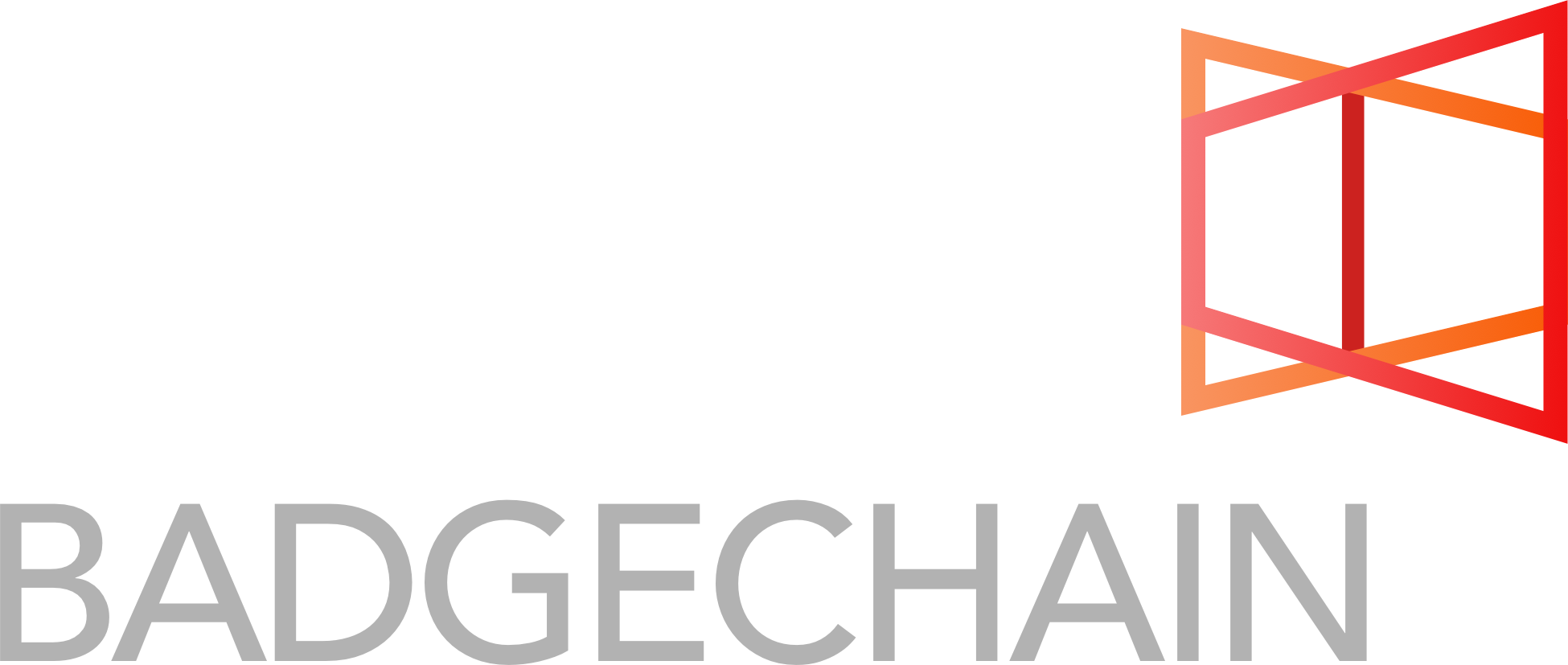Bitcoin and Bitcoin cash have sky-high valuations and as financial investments, they both appear to be unstoppable forces. But who’s using them as real money and for what? You’ll be surprised to find out.
Bitcoin, as first imagined, was created to circumvent established institutions like banks. In essence, removing middlemen in financial transactions and therefore encouraging and improving person-to-person commerce. It was considered extremely avant-garde and entirely non-conformist. How very far we’ve come. Now students can pay for their formal education with the cryptocurrency.
The University of Nicosia in Cyprus offers an MSc in Digital Currency that can be paid for using bitcoin. That’s downright poetic, right? For the folks recommending that students should look into bitcoin, this is the sort of platonic ideal of that suggestion. It represents a double win for students: they benefit from it both as a financial currency and as a learning tool. A double bonus also for the variety of institutions of higher learning that provide this opportunity: one for appearing up-to-date, and; two for sidestepping the not insignificant foreign currency issues for non-resident students. Because bitcoin is a truly universal currency, and actually does eliminate pesky middlemen, the special fees normally assessed against foreign transactions virtually disappear.
Given bitcoin’s increasing rate of acceptance, we have to wonder if this sort of quotidian use—college tuition payment—is truly avant-garde and non-conformist, or if it’s as far away from avant-garde and non-conformist as you can get. Maybe, in this instance, it’s both.
~ ~ ~
Here are the articles that inspired and informed this newsletter. We recommend them to you as interesting data points in your consideration of education and decentralized technologies.
- Paying College Tuition with Bitcoin — George Krash
- Why College Students Should Look Into Blockchain — Kathrina

Follow Us